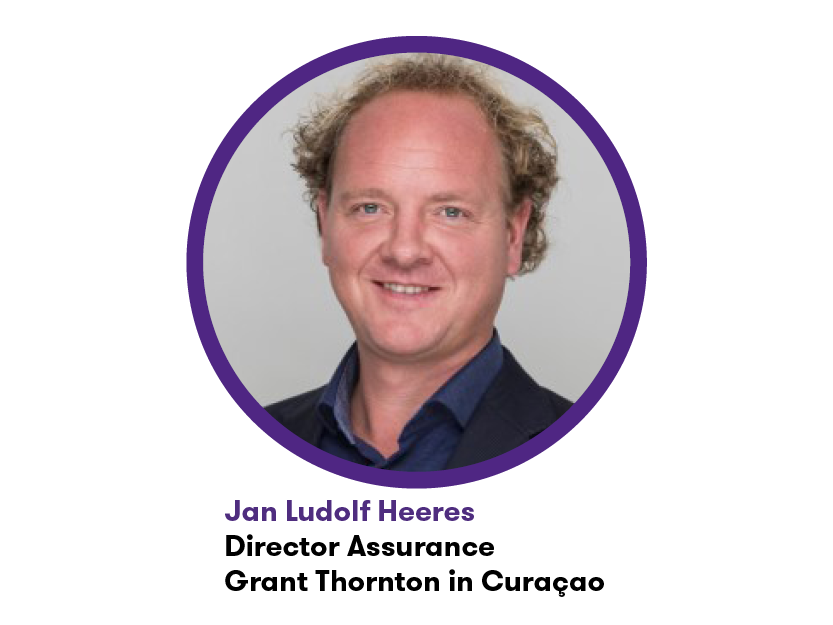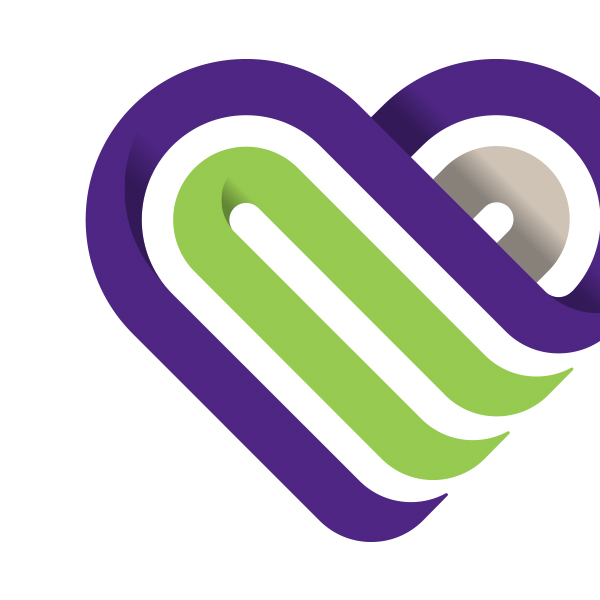-
Business Consulting
Our team ensures rapid response times, a low partner-to-staff ratio and is committed to delivering consistently high quality. Our business consulting services include naming a few: Governance, Risk, and Compliance, Business Transformation, Data Analytics, Human Capital, Operations Improvement, Program Management, Strategy & Innovation, Technology-enabled services, etc.
-
Business Risk Services
We deliver practical, pragmatic, and tailored solutions that support you in growing and protecting the value of your businesses. Our business risk services include naming a few: Enterprise Risk Management, Internal Audit, Operational Audit, Compliance Framework Solutions, Regulatory Compliance, Finance Risk and Modeling, Special Attestation Services, and Technology Risk Services. Are you looking into certifying your organization for best-practice management systems? We also offer gap assessments, implementation plans and managed services for ISO9001, ISO27001/2, ISO22301, and ISO37000, amongst many others.
-
IT, Cyber, Information Security & Privacy Services
Our highly skilled and experienced professionals are prepared to help you navigate the complex and dynamic digital environment you operate in. Our Cyber & Information Security solutions include amongst others: IT Audit and IT Strategy, Cyber Security Audit and Assessments, Cyber Strategy Solutions, Vulnerability Assessment and Penetration Testing, and Information Security & Privacy Frameworks (best practice) solutions.
-
Corporate Finance
For the past years, our highly experienced consultants have been dedicated to delivering a comprehensive array of services including transactions, valuations, deal advisory, and restructuring.
-
SHIELD - Technology Enabled Business Risk Services
With the launch of our brand-new operations center in Suriname, we offer managed services for (e.g.) risk and quality, regulatory compliance, cyber security, information security, privacy, business processes, financial Management and many more.
-
Financial Statement Audits
Our team of experienced auditors guarantee that the information presented in your financial statements is accurate and in accordance with prevailing accounting standards and company laws.
-
Financial Statement Reviews
Accuracy, compliance, and reliability. Our experienced auditors conduct a thorough examination, identifying errors and providing valuable recommendations to enhance reporting practices and internal controls.
-
Internal Audit Services
We analyze and pinpoint opportunities for enhancement, manage potential risks, and optimize operational efficiency, ensuring that you can confidently reach your business goals.
-
Data Assurance
Rely on our proficient team to conduct thorough evaluations, detect weaknesses, and establish resilient safeguards against data breaches, unauthorized access, and data manipulation. Our data assurance solutions are designed to protect your valuable information, ensuring its integrity, and fostering trust in your information systems.
-
Regulatory Compliance Services
Our Regulatory Compliance Services help you navigate complex regulatory landscapes and ensure adherence to applicable laws and regulations.
-
Compilation and preparation of financial statements
Our expert team delivers comprehensive reports that provide valuable insights for informed decision-making and regulatory compliance.
-
Bookkeeping and financial accounting
From managing financial records to preparing accurate reports, we ensure compliance, transparency, and sound financial management.
-
Payroll compliance and administration
At Grant Thornton, we meet the challenges of our clients. Our offering is tailored to meet all your payroll requirements through a single point of contact. Our outsourced payroll team becomes your dedicated payroll department, aiming to process your payroll in the most cost effective and compliant manner.
-
Business services and outsourcing
Our reliable and cost-effective outsourcing services help you streamline your business operations by taking care of your workload.
-
Tax Advice and Wealth Planning for high-net worth individuals
Our team of experienced tax advisors blend commercial experience and knowledge with tax expertise to advise on the full range of transactions including sales, mergers, restructurings, and wealth planning.
-
Tax Compliance
We prepare tax returns, for example for profit tax returns, personal income tax, wage tax and turnover tax/ sales tax. Our expert team handles all aspects of tax preparation and filing while keeping you informed of deadlines and minimizing the risk of penalties.
-
(International) tax planning and incorporation services
Experience the perfect combination of tax planning and incorporation services in one comprehensive package. Our team of experts strategically minimize your tax liabilities while ensuring compliance with regulations. Additionally, we provide guidance and support throughout the entire incorporation process, offering valuable insights on legal structures, registration, and tax implications.
-
Advice on estate and retirement planning
Secure your financial future with our dedicated estate and retirement tax planning service. Our experienced team specializes in developing tailored strategies to minimize tax liabilities, protect your assets, and optimize retirement income. Count on us to navigate intricate tax laws, ensuring peace of mind and financial security for your future.
-
Advice on investing on the islands
Embark on a journey towards financial growth with our comprehensive investment advice service. Our advisors know and remain up-to-date wit the market trends on the islands in the Dutch Caribbean region. Evaluate your risk tolerance and craft personalized investment strategies tailored to your goals.
The value of holding on to your values
Oscar Wilde once said: “The true perfection of man lies not in what man has, but in what man is.” This now shows more than ever, because in times of crisis, everyone is pretty much equal. Or, as the Canadian writer Eric Walters put it nicely: “Crisis doesn’t change people, it reveals them.” It all comes down to the fact that our personal values now become more apparent. This makes it easier for our environment to see “who you really are”.
Everyone has values. However, not everyone is equally aware of them. Examples of personal values are ambition, fun, family, honesty, freedom, reliability, transparency, drive, amazement and loyalty. And there are many more personal values. Especially the moments when our personal values are affected, we become aware of our values. At these moments, we become mad, indifferent, feel hopeless or oppressed.
Especially in these times of crisis, these feelings float to the surface more often. We see someone who doesn’t comply with the 2 meter / six feet rule and get angry because our value of responsibility gets jammed. We hear about new COVID-19 infections and become afraid because our value of security is being crushed. We see someone walking with 20 packs of toilet paper and become annoyed because our value of fair sharing is knocked over. These are all signals of collisions with our personal values.
At the same time, organizations have values as well. These corporate values are sometimes formalized, yet oftentimes – especially in smaller organizations – organically grown values that are the result of the collective values of its employees and leadership of the respective organization. In our own organization, these corporate values are formed by the acronym CLEARR. This stands for Collaboration, Leadership, Excellence, Agility, Responsibility and Respect. These values may not be the core values of each individual employee within our organization; however, they are recognizable and fit with our corporate culture. In our daily business, our team members frequently refer to CLEARR. Our team in Curaçao even thought they were missing something in this (already pretty clearr) set of values, so we locally added Fun to our globally used corporate values. Because if you don’t have fun in your daily work, maybe it's time to start looking for something you would really love to do!
Also in this crisis, for us as an organization, our corporate values are at heart of everything we do. As a company, we are lucky to be in a position where most of our team members can continue their work from home. It does mean our team members need to be agile in order to – all of a sudden – do the work they typically do at the office or maybe even at a client site, from their kitchen table, study or living room. Also, the need for collaboration becomes even more clear. We now have to plan our video and conference calls more actively and continuously work together in online documents. And even our own Fun value keeps popping up all the time. Because especially in these difficult times, it is key to put things into a different perspective now and then. And humor is essential in doing so!
What I notice in particular in our daily work is the fact that we now have a much clearer picture of our clients and employees. This crisis truly reveals people. And I’m especially thankful to see that this mainly happens in a positive way. Because this crisis leads to fraternization. It leads to a better understanding of each other. We listen better. We understand each other’s views better. And at the same time, we remain skeptical, yet in a positive way. And of course, we keep swearing at each other every now and then if some kicks against our personal values. A Dutch proverb says: “without friction, there will be no shine”. So, let’s continue that friction now and then. Yet in a respectful way and – if possible – with a bit of humor. Because only that way, we can overcome this crisis!

This article was originally published in Dutch in the daily newspaper Antilliaans Dagblad in Curaçao.
